The Threat of Ecofascism Zimmerman, Michael E Social Theory and Practice; Summer 1995; 21, 2; ProQuest pg. 207. READ PAPER. Download pdf. ×Close ...
evaluation may be accurate, I argue that the threat of ecofascism cannot be ... sound practices, whereas unsound environmental practices undermine social and ... act according to foolish universalist principles, including the "theory of human.
by ME Zimmerman - 2014 - Cited by 3 - Related articles
15 Michael E. Zimmerman, “Feminism, Deep Ecology, and Environmental ... 195-
Publication dates of essays (month/year) can be found under "Essays".
ON RECONCILING PROGRESSIVISM AND ENVIRONMENTALISM
MICHAEL E. ZIMMERMAN
Ever since heady speculation about the practical power of early modern science led European savants to renovate the ideal of historical progress, that ideal has faced resistance from groups who have felt threatened by such progress, and has undergone crises stemming from unexpectedly untoward consequences of attempts to make political and economic progress. Especially since the 1960s, many people have asked whether the modern ideal of progress retains validity when confronted with ecological problems that may undermine the crucial progressive goal of overcoming scarcity.[1] The environmental crisis has generated questions such as following questions: Is an arguably finite planetary ecosystem compatible with the capitalist and socialist goal _of using instrumental rationality to produce an infinitely expanding quantity of material goods? Will "ecological scarcity" finally block humankind's efforts to overcome material scarcity? Must freedom from want be purchased at the expense of ecological stability? Can democratic societies long survive if rapidly growing Third World populations bring about vast ecological changes in pursuing the same level of material prosperity already achieved in First World countries? Will ecological problems become the central national security issue of the 21st century?[2] Such questions form the background for this essay, which examines whether progressivism and radical environmentalism can be reconciled in terms of an evolutionary teleology that is consistent both with nondual spirituality and with contemporary science.
My book, Contesting Earth's Future, was motivated by a similar concern about the sometimes anti-modernist and anti-and anti-progressive attitudes of environmentalism. Having once attempted to read Martin Heidegger's philosophy as consistent with deep ecology, I was forced to rethink that position after 1987, when evidence surfaced demonstrating that Heidegger's infamous relation with National Socialism was deeper and longer lasting than many commentators had supposed.[3] If Heidegger's thought was at least in some ways compatible with German National Socialism, so I asked myself, to what extent is deep ecology compatible (perhaps unwittingly) with eco-fascism? In a subsequent essay, I again attempted to warn radical environmentalists of the potential dangers of ecofascism, while also promoting a progressive reading of environmentalism.[4] The present essay encourages radical environmentalists in particular to tone down anti-modernist rhetoric and to embrace the constructive dimensions of modernity, even while continuing to criticize its weaknesses, including heedless environmental destruction.
Human cultures have always generated ecological perturbations, including some so great that they may have eradicated the mega fauna of North America and others that may have destroyed ancient Near Eastern civilizations. Ecological changes induced by modernity, however, dwarf anything in previous history. Modernity may be defined roughly as the recent epoch in which humanity has attempted to gain intellectual, political, and religious freedom, as well as to liberate itself from the crushing burden of material scarcity. Modernity has always had its dissenters, especially those who condemn its instrumental rationality, which objectifies human life and turns nature into a stockpile of resources. But many more people have accepted modernity's goals, even though not always with great enthusiasm. As Robert Pippin writes, precisely by depriving nature and human life of mystery and transcendent purpose, and by reducing to the status of merely private beliefs the traditional worldviews that once formed the basis for community, modernity has forced many people to conclude that "the narrow confines of strategic and instrumental rationality" are "the best concrete, realizable hope we have got for [social] coordination."[5] Even though instrumental rationality marginalizes the practical realm, undermines civic virtue, atomizes human community, destroys traditional social formations, and causes vast ecological damage, then, such rationality seems to be the only attitude consistent with modernity's widely accepted view that "most of if not all human misery was scarcity (a new and quite controversial claim) and that scarcity was a solvable technical problem."[6]
Contemporary critics of instrumental rationality include deconstructive postmodernists and radical environmentalists, who represent the somewhat conflicting tendencies of the counterculturalism of the 1960s. Though sharing some concerns with such counterculturalists, Pippin insists that we cannot adequately understand the implications posed by the limitations of instrumental rationality (including ecological and social problems), unless we develop an adequate answer to the following question: Why did the modern idea that misery arises from eliminable scarcity triumph over the premodern idea that misery has additional causes that are more difficult to correct? Pippin is right, I believe, in asserting that modernity's project of overcoming scarcity through the mastery of nature cannot be adequately understood simply as a technically more proficient way of accomplishing what premodern people had already been doing.
Despite retaining important links with the past, European modernity involves a novel conceptual and experiential horizon in which humanity gradually came to define itself and its relation to nature differently than before. To exploit the extraordinary productive potential of insights produced by natural science, modern "man" (here and elsewhere, I use this masculine term to emphasize the patriarchal dimension of modernity) develops a new mode of subjectivity, egoic rationality, and a related ideology, anthropocentric humanism, which portray man as the source of value, the standard for truth, and the master of nature. Modern individual man asserts his freedom, both from illegitimate political authority and religious dogmatism. He defines truth not as revelation, but rather as the product of rational inquiry, including scientific method. He assumes that modern science, combined with the energies of free men, will make possible the conquest of nature, thereby ending material scarcity. Within a few centuries, the whole planet had been transformed by the institutions, ideology, and subjectivity that arose within the audacious modern horizon.
Contemporary people operating from within this seemingly all-encompassing horizon presuppose that scarcity is humankind's major ill, and that scarcity can be vanquished by rational deliberation and advanced technology. Socialists and market liberals alike usually conclude that continued scarcity and its attendant suffering result from misguided political economies. Socialists argue, for example, that if only the means of production were collectively owned, humankind would achieve the mastery of nature needed for material abundance. Critics of modernity, including radical environmentalists, do not deny that scarcity is an important ill, but maintain that there are important problems other than scarcity, and that a number of those problems arise from reckless efforts to overcome it. Indeed, they argue not only that attempts to generate infinite abundance will fail, because they will undermine the ecosystems on which human life depends, but that superfluous abundance in consumerist societies blocks fulfillment of other human needs. Suspecting that the tragic myth of Daedelus, not the defiant myth of Prometheus so favored by Marx, should be used to interpret modernity's effort to control nature, most radical environmentalists agree that modernity's continued reliance on technological fixes will not work in the long run, since purported solutions to yesterday's problems (e.g., using nuclear fuel to overcome a scarcity of electricity) create even greater problems (e.g., safely disposing of a surplus of nuclear waste). In other words, modern society cannot dig itself out of its ecologically-poisoned hole by using the same conceptual and practical tools employed to dig that hole in the first place. Instead, in order to behave in ecologically viable ways, humankind must enter into a post-anthropocentric conceptual and attitudinal horizon.
Although often only grudgingly, many progressives have gradually concluded that industrial economies must reform their practices in order to minimize those environmental problems that threaten human well being. Many of those same progressives, however, also suspect that radical environmentalists are socially regressive at best and ecofascist at worst, because they refuse to concede that overcoming scarcity justifies virtually any treatment of non-human beings. Demanding that humans conform to an allegedly more "natural" way of doing things, and proclaiming the need for a mystical reunion with nature, radical environmentalists ostensibly promote an anti-humanism that--in a way similar to deconstructive postmodernism--is inconsistent with progressive views of history.
In this essay, I begin by focusing on an incident of industrial pollution in Bogalusa, Louisiana, in order to bring out aspects of the conflict between radical environmentalists and progressives. Then, I examine more closely the contention of many modernists, that radical environmentalism has affinities with nature-worshipping, reactionary movements earlier in this century. Next, I briefly show that deep ecology and ecofeminism can be read as having a "progressive" dimension, despite their criticisms of modernity's efforts to dominate nature. Finally, I analyze Ken Wilber's attempt to reconcile the best features of radical environmentalism, which accuses modernism of a mortality-denying arrogance stemming from a fear of nature and the body, with the best features of modern progressivism, which accuses radical ecology of social and psychological regressiveness, anti-humanism, and blindness to the fact that human well being inevitably requires the control of nature. Acknowledging the validity of modernity's quest for freedom from religious dogmatism, political oppression, and material want, Wilber also agrees with those radical environmentalists who argue that a renewed spirituality is necessary to transform society in the ways needed to avoid ecological catastrophe. For Wilber, however, such spirituality will result not from an ostensibly regressive union with Mother Nature, but instead from a progressive development of consciousness and the social institutions needed to support such development. Convinced that a new narrative is needed to inspire and to guide humankind in this difficult age, Wilber develops an evolutionary story that synthesizes contemporary science, developmental psychology, and nondual spirituality. As we shall see, however, environmentalists and modernists alike are suspicious of Wilber's narrative.


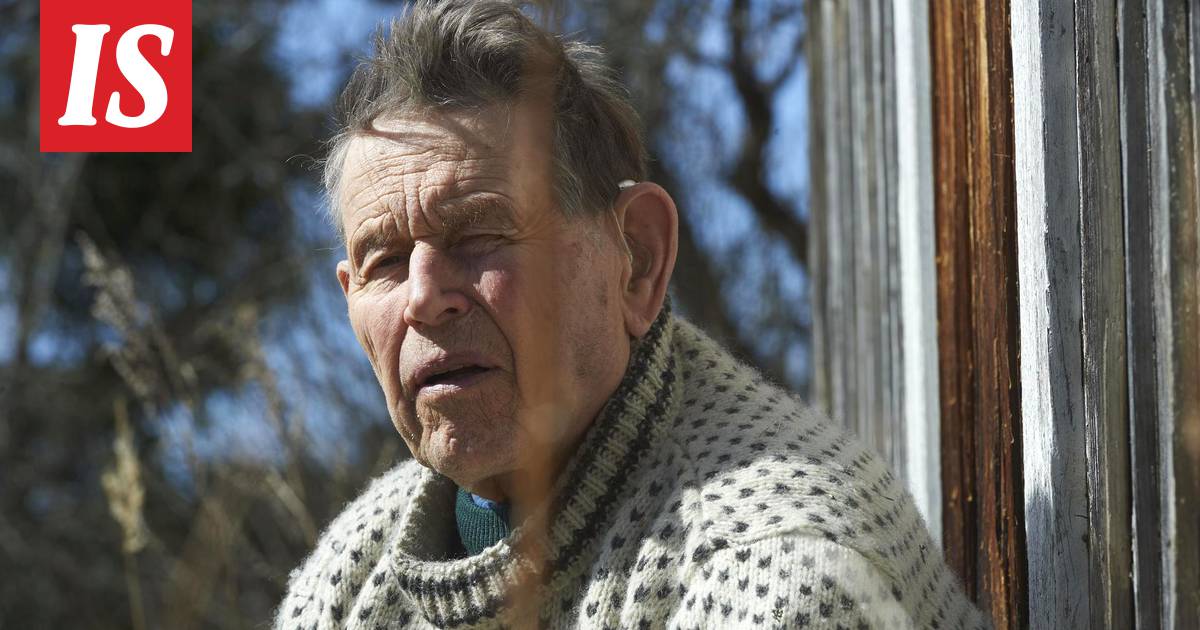

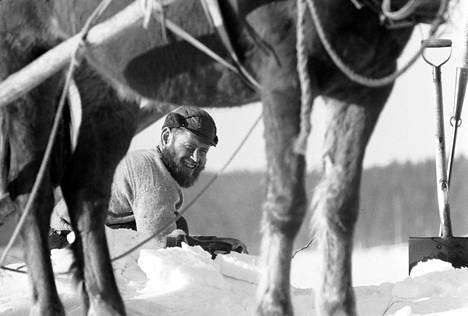
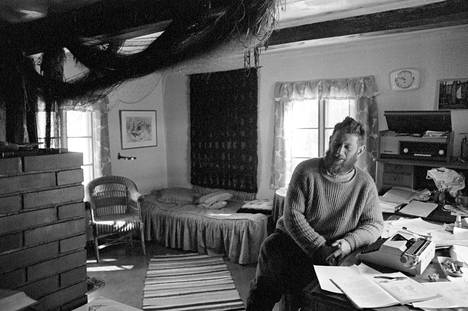
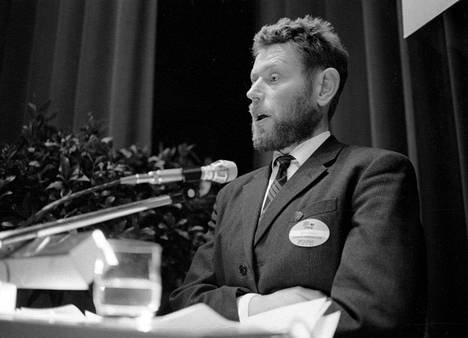
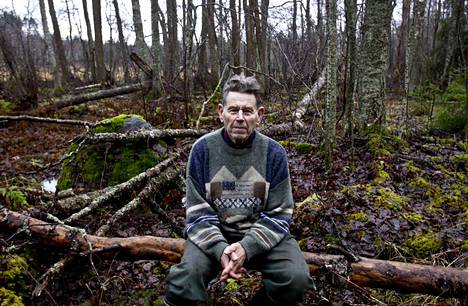
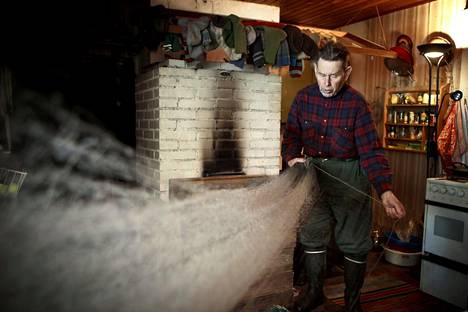
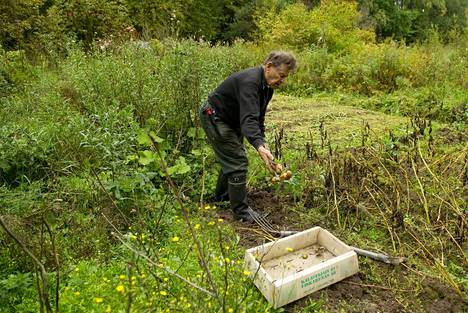
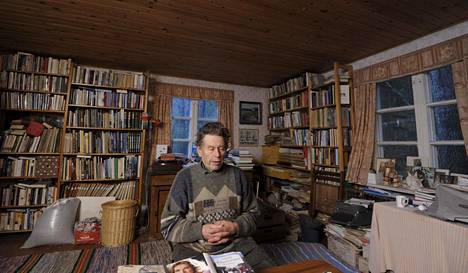

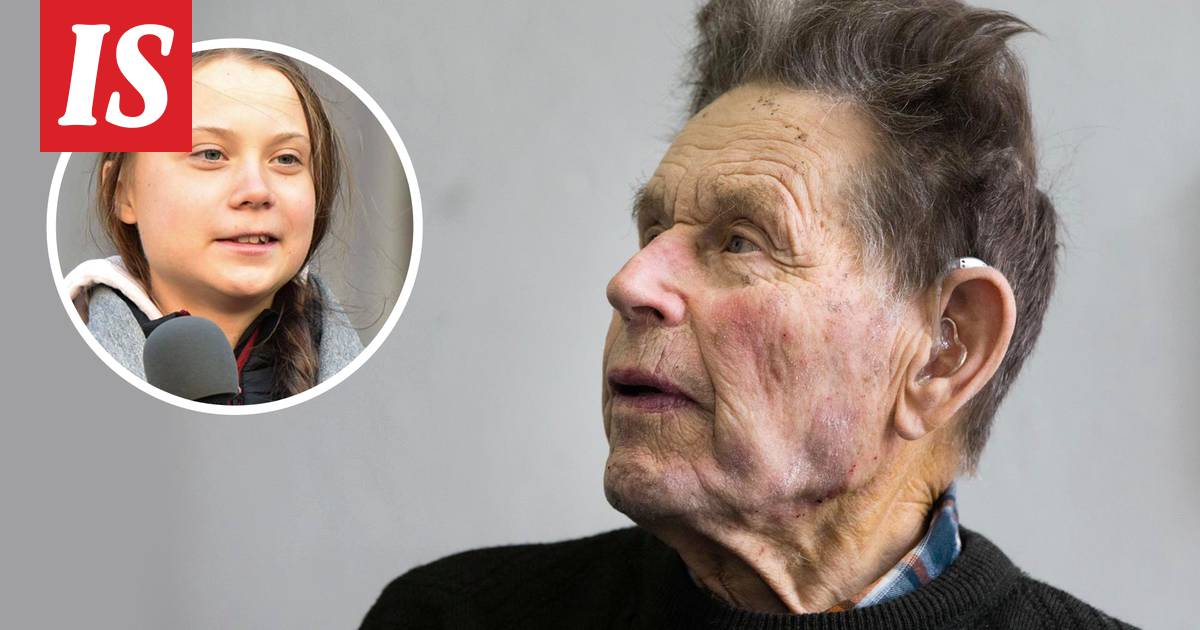
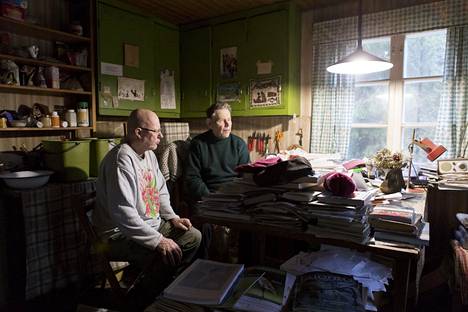
![Can Life Prevail? by [Linkola, Pentti]](https://images-na.ssl-images-amazon.com/images/I/51soi1DfqUL.jpg)